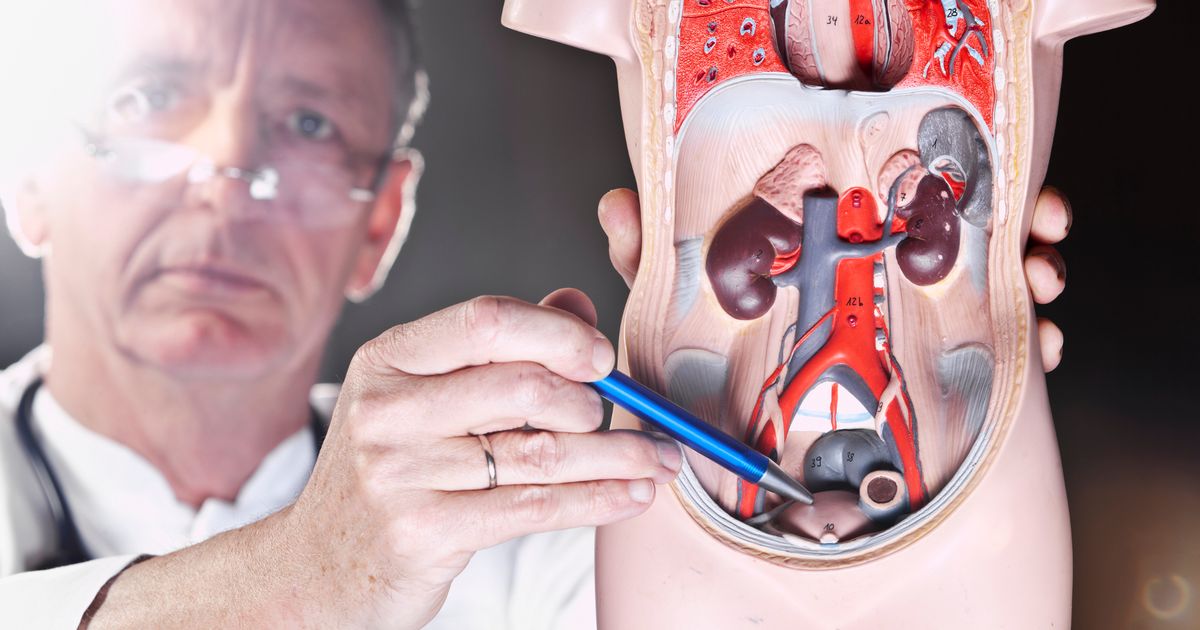Guide To The Causes Of Blood In Urine (Hematuria)
Enlarged Prostate

The prostate is a small male reproductive gland that sits right under the bladder. It is responsible for the production of a certain fluid added to sperm to produce semen. Men in their forties have a growth spurt of this gland that can cause it to become enlarged. Approximately ninety percent of men have an enlarged prostate by the time they are eighty-five years old. The urethra, a tube from the bladder to the outside of the body, runs directly through the prostate gland in a male. As the prostate becomes larger, it interferes with the healthy flow of urine out of the body. The increased pressure on the urethra causes the inability to empty the entire bladder of urine. Urine that cannot be emptied accumulates in the bladder, providing an ample breeding ground for pathogens to cause infection. Hematuria may occur as a result of frequent bladder infections. Chemicals and debris that accumulate in the bladder can promote the growth of stones in the lining of the bladder. Damage from stones and torn veins on the inner prostate surface are also prostate-related causes of hematuria.
Kidney Injury

An individual affected by an acute kidney injury may experience blood in the urine as a symptom of their medical disorder. An acute kidney injury describes when an individual incurs damage to their kidneys or experiences kidney failure that happens suddenly over a few hours to a few days. An acute kidney injury is caused by a variety of factors, including loss of fluid, loss of blood, hypotension, heart failure, heart attack, overuse of nonsteroidal anti-inflammatory drugs, severe allergic reactions, injuries, burns, and major surgery. Urinary tract blockage, multiple myeloma, sepsis, vasculitis, interstitial nephritis, scleroderma, and glomerulonephritis are also known to cause an acute kidney injury. Symptoms such as decreased urine output, leg swelling, ankle swelling, eye swelling, fatigue, nausea, confusion, chest pain, chest pressure, seizures, shortness of breath, and the presence of blood in the urine are indicative of an acute kidney injury.
